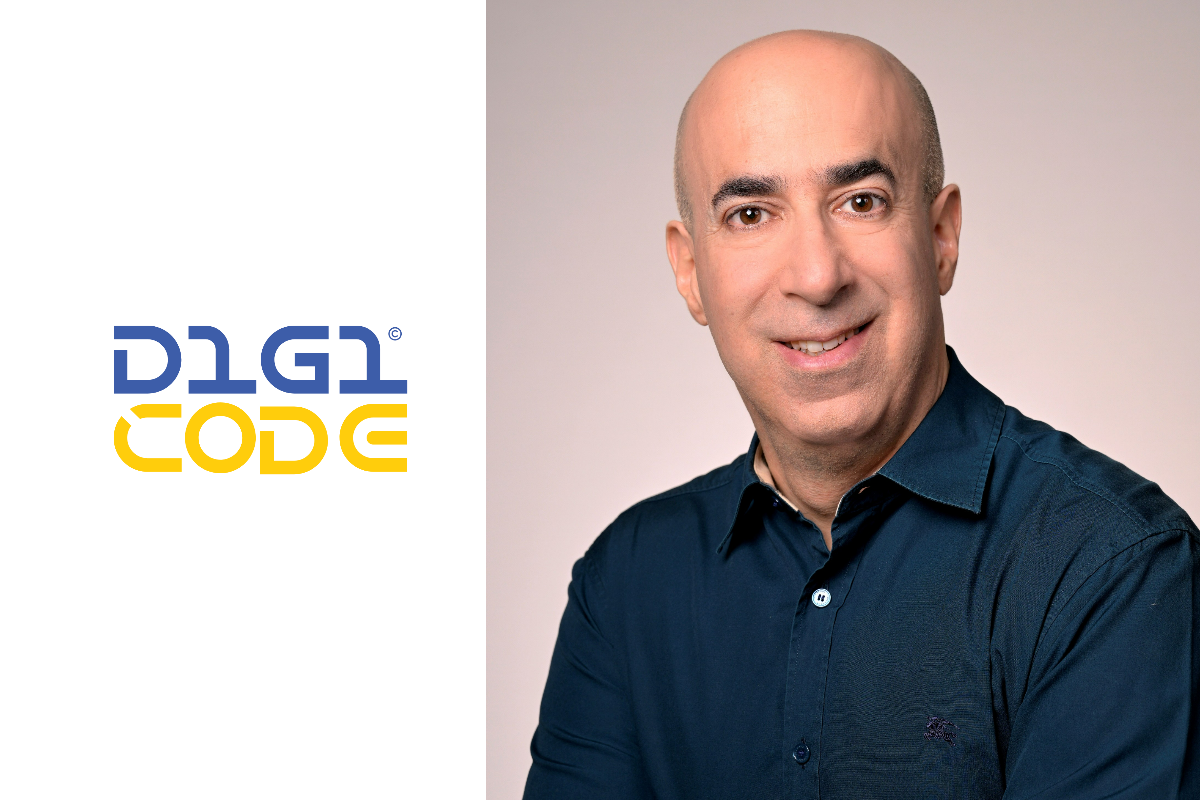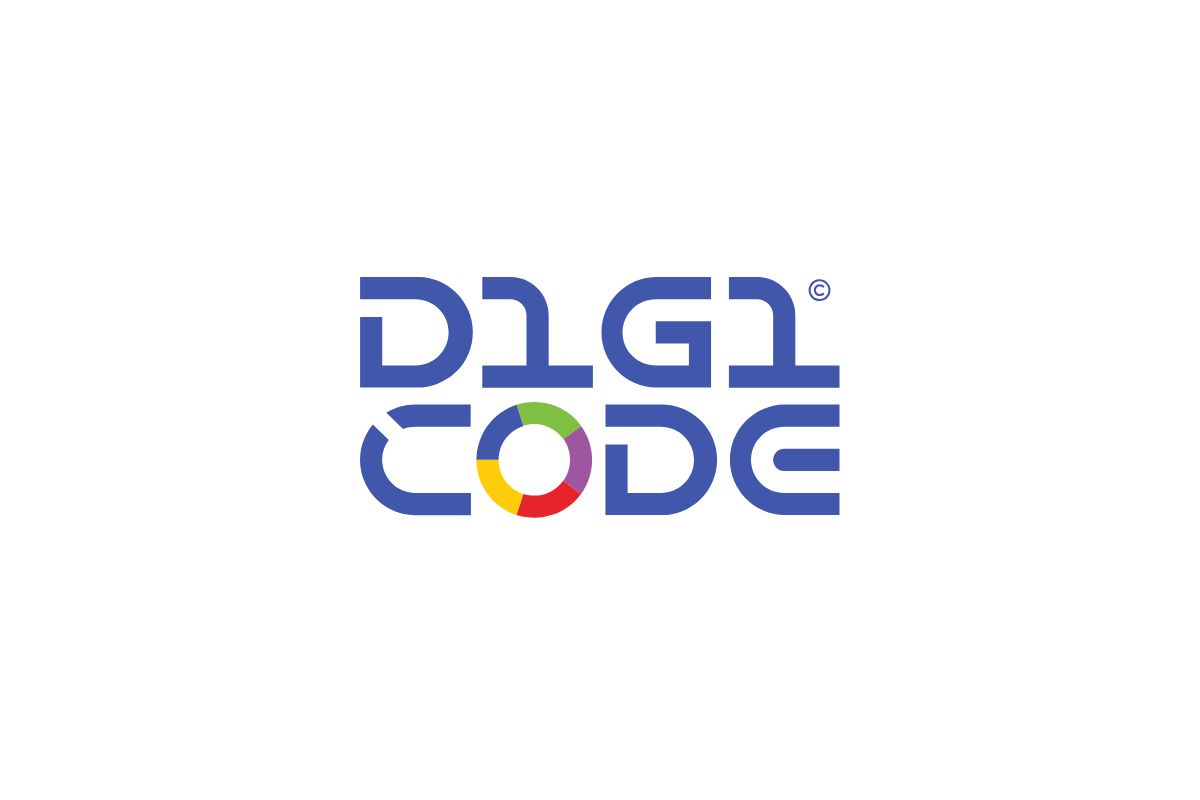Latest News
The Hidden Cost of Ignoring Your iGaming Tech Stack

Digicode’s Executive Director of iGaming Digicode, Itai Zak, brings over two decades of industry leadership to explore the hidden cost of ignoring your tech stack. Known for his strategic vision, Itai offers expert insights on how Big Data, modern platforms, and smart operations separate winners from laggards in the iGaming race.
Technology in iGaming is obviously a strategy, yet many still treat it as a cost rather than a growth driver. As Itai Zak explains, neglecting your tech stack is one of the most expensive mistakes operators make, often too late to fix.
Why Technology Is the Cornerstone of Operational Efficiency
In a sector defined by complexity and speed, technology is foundational.
Every part of an iGaming operation relies on interconnected systems that need to function in real time. From payments and CRM to compliance and fraud prevention, a strong tech stack enables seamless execution and adaptation.
Outdated systems can’t scale, can’t comply with new regulations, and can’t support real-time personalization. By the time operators notice the drag, they’re already bleeding market share and fixing it requires a costly, high-risk overhaul.
The Hidden Traps That Undermine Efficiency
It’s not always bad code that breaks an operation; it’s the business decisions around it.
There are a few recurring mistakes that weigh down iGaming companies and erode long-term value:
- Lack of Strategic Focus
Trying to chase every new market, feature, or idea without a clear plan spreads resources thin. Efficient operators know when to say no. They align their efforts around what drives the most value and avoid distractions that dilute execution. - Relying on Gut Over Data
Many decisions are still made based on opinion or outdated assumptions. In contrast, high-performing teams use real-time analytics, player behavior insights, and ROI metrics to guide product, marketing, and operational strategies. - Inflexible Business Models
Overdependence on a single region or product vertical leaves businesses exposed when markets shift. The most resilient operators maintain strategic focus while staying flexible, diversifying across geographies, verticals, and technologies to adapt quickly without losing direction. - Undervaluing Technology’s Role
Treating technology as a cost center leads to outdated platforms that can’t scale, innovate, or comply with evolving regulations. Forward-looking businesses invest in modular, future-proof systems early, avoiding expensive replatforming and lost market momentum. - Pursuing Low-Impact Projects
“Nice-to-have” features often consume time and budget without contributing real value. Efficient teams evaluate every initiative by expected ROI, prioritizing efforts that drive revenue, retention, or cost savings, and shelving anything that doesn’t move the needle.
Why iGaming Is Uniquely Exposed to Inefficiency
The cost of inefficiency in iGaming is higher than in most industries.
Let’s highlight five critical reasons the sector is particularly vulnerable:
- Regulations change fast. Overnight shifts in compliance rules can cripple teams without adaptive systems.
- Markets expand and contract quickly. A region might open with opportunity or close without warning. Flexibility is key.
- Operational complexity is extreme. Real-time interactions, multiple currencies, languages, and jurisdictions must be managed in sync.
- High acquisition costs demand ROI. Inefficient campaigns burn budget and fail to convert.
- Player expectations are rising. Frictionless experience, fast payments, and personalized content are now table stakes.
The Real Cost of a Weak Tech Stack
Operators often underestimate how much inefficiency is costing them.
Slow time to market, ineffective campaigns, and reliance on manual processes can quietly drain millions in revenue. More importantly, they hinder innovation, lower team morale, and amplify compliance risks across the business.
Replatforming Is a Massive Distraction
When systems finally break, migration becomes unavoidable, but it’s painful. Projects can take years, cost millions, and stall every other initiative. This is why early investment in a modular, modern tech stack is not just smart, essential.
In-House Bloat Slows You Down
Many companies try to build everything internally: from analytics to CRM, and end up overloaded. Knowing what to build in-house vs what to outsource is essential. Delegating non-core functions like KYC, fraud monitoring, or customer support to trusted partners can significantly boost scalability and speed without overloading internal teams.
Small Changes, Big Impact: Practical Habits for Efficiency
Efficiency isn’t a one-time fix. It is a culture now.
So there are simple but effective habits that consistently deliver impact:
- Apply the 80/20 Rule. Focus on the few initiatives that drive most of the results.
- Run “Kill or Accelerate” Reviews. Weekly, ruthlessly assess what to stop or speed up.
- Define Success Before You Start. Avoid scope creep by aligning on clear KPIs.
- Buy What’s Already Built. If a vendor tool does the job, use it and focus internal resources on core innovation.
Tools That Pay Off Fast
The right tech investments accelerate growth, improve compliance, and increase player lifetime value.
Let’s look closer at 7 categories that drive immediate value when implemented properly:
- CRM & Real-Time Engagement Platforms
Trigger automated, personalized messages across channels based on real behavior. - Business Intelligence Dashboards
Enable every team to act fast with live, self-serve insights. - Game Aggregators
Add hundreds of titles through one integration, no dev bottlenecks. - Fraud Detection Systems
AI-driven tools catch bonus abuse, fake KYC, and suspicious activity instantly. - Payment Orchestration Tools
Increase acceptance rates and reduce failed deposits with smart routing. - Compliance Automation
Tools that handle KYC, AML, and responsible gaming monitoring minimize risk. - Support Chatbots
Cut repetitive tickets and improve player satisfaction through instant answers.
The Payoff: Faster, Smarter, Stronger
Improving efficiency goes beyond cutting costs: it’s about increasing agility, strengthening competitiveness, and building long-term resilience in a rapidly shifting industry.
Time to Market Becomes a Weapon
Efficient operators launch faster, enter new markets quicker, and react to change in real time. That speed creates a strategic edge.
Profitability Improves
When resources are allocated well, bonuses are targeted, and campaigns are optimized, margins grow naturally.
Compliance Risk Drops
Fewer manual processes mean fewer errors. Automation ensures consistent standards and auditability.
Better Decisions, Powered by Real-Time Data
When the right people have the right data at the right time, they make better calls faster.
Final Takeaway: Efficiency Is a Competitive Strategy
In a hyper-competitive, regulation-heavy, tech-first industry like iGaming, inefficiency is a business risk.
The real cost of ignoring your tech stack isn’t measured in IT tickets or delayed features, it’s measured in lost markets, missed opportunities, and declining margins. The solution is a strategic clarity, modern systems, and a relentless focus on ROI.
For operators ready to thrive in the next wave of iGaming, investing in the right tech stack is the smartest bet you can make.
-

 Latest News5 days ago
Latest News5 days agoPIN-UP Global Transforms into the RedCore Business Group
-

 Asia6 days ago
Asia6 days agoAD STANDARDS COUNCIL HONORS PAGCOR CHIEF
-

 Asia6 days ago
Asia6 days agoMacao Casino Sector Salaries Hit a 10-year High
-

 Asia5 days ago
Asia5 days agoNew Indian Law Aims to Curb Online Money Gambling Sector, Prohibits Related Advertising
-

 Latest News6 days ago
Latest News6 days agoBET9JA BACK BOXING WITH BALMORAL GROUP PROMOTIONS SPONSORSHIP
-

 Latest News6 days ago
Latest News6 days agoHIPTHER Community Voices: AI in iGaming: A Guide to Adoption, Benefits, and Challenges
-

 Asia5 days ago
Asia5 days agoChicken Road Game Launches in India, Expands Mobile Gaming Catalogue
-

 Latest News5 days ago
Latest News5 days agoSOFTSWISS Wins Best Game Aggregator Award in Latin America
























